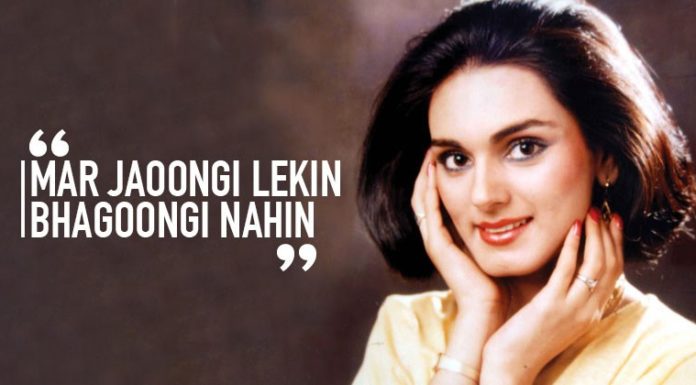Despite making tremendous strides in economy, technology and several other fields, India continues to fare poorly in various global surveys and indices on gender parity. While the constitution grants equal rights to men and women and stringent laws have been formulated to protect the interests of women, discriminatory practices based on gender remain pervasive in society. Gender inequality remains a major challenge that puts young girls and women at severe disadvantage in a variety of ways. It is a long-running phenomenon and laws, however stringent, are simply not enough to fight the rampant inequality of genders. A radical change in the societal mindset, therefore, is the key to counter gender bias.

Thus, it becomes imperative that the process of inculcating values of gender equality begins early in life. Gender sensitization in schools is one of the most important steps in this regard. Efforts are being made to incorporate gender sensitivity programmes in the education system and strong demands are being raised to make it a compulsory subject in the school curriculum.
The Central Board of Secondary Education (CBSE) plans to train teachers in skills and methodologies to help develop attitudes that promote gender equality. Schools are expected to create inclusive environments where both boys and girls are able to participate in the learning process without any gender-based prejudice. Many schools, affiliated to the CBSE, follow guidelines mentioned in the Protection of Children from Sexual Offences (POCSO) Act, 2012, to create awareness about sexual abuse and exploitation among school-going children. Also, with assistance from government, women rights groups, voluntary organizations and several civic groups, many schools conduct gender sensitization workshops and related activities.
Gender disparities are deep-rooted and negative gender stereotyping is reflected in our day-to-day lives. When stereotypes or the prejudices are internalized, they become part of our thought-process. Gender sensitization seeks to question and subsequently change that very thought-process, and it also aims to make people develop a sense of empathy and acceptance towards the other gender. It is all about triggering a behavioral change and enabling people examine their own perceptions and attitudes which ultimately help in shaping a just and unprejudiced society.
Experts feel that the process of gender sensitization, therefore, should begin at the nascent stage. Children who grow up learning to respect both genders equally seldom internalize sexist attitudes and work towards the creation of an equitable social order which is otherwise hindered by biased mindsets and misogyny. India is still a traditional society with orthodox mindsets with regards to women and their role in society. Sexist attitudes and misogyny are known to lie at the root of several forms of violence and crimes against women.
However, making educational institutes gender-sensitive and incorporating gender sensitization in the school curriculum help change sexist perceptions that the young students develop over a period of time. Girls and boys are able to see each other as responsible and equal partners in the socio-economic development as they are able to identify areas and instances of gender bias. They also learn to be more expressive as well as assertive as they realize that their abilities are not defined by their gender. They learn to critically question and examine established codes and norms that give rise to rigid gender divisions or roles.
Children who have learnt to respect both genders equally have the potential to become instruments of social change. A gender-sensitized person makes a conscious effort to make the environment favourable for everyone to flourish and prosper. Sexist barriers to personal progress are reduced and individual potential and abilities are respected and given opportunities to thrive in such an environment.






























